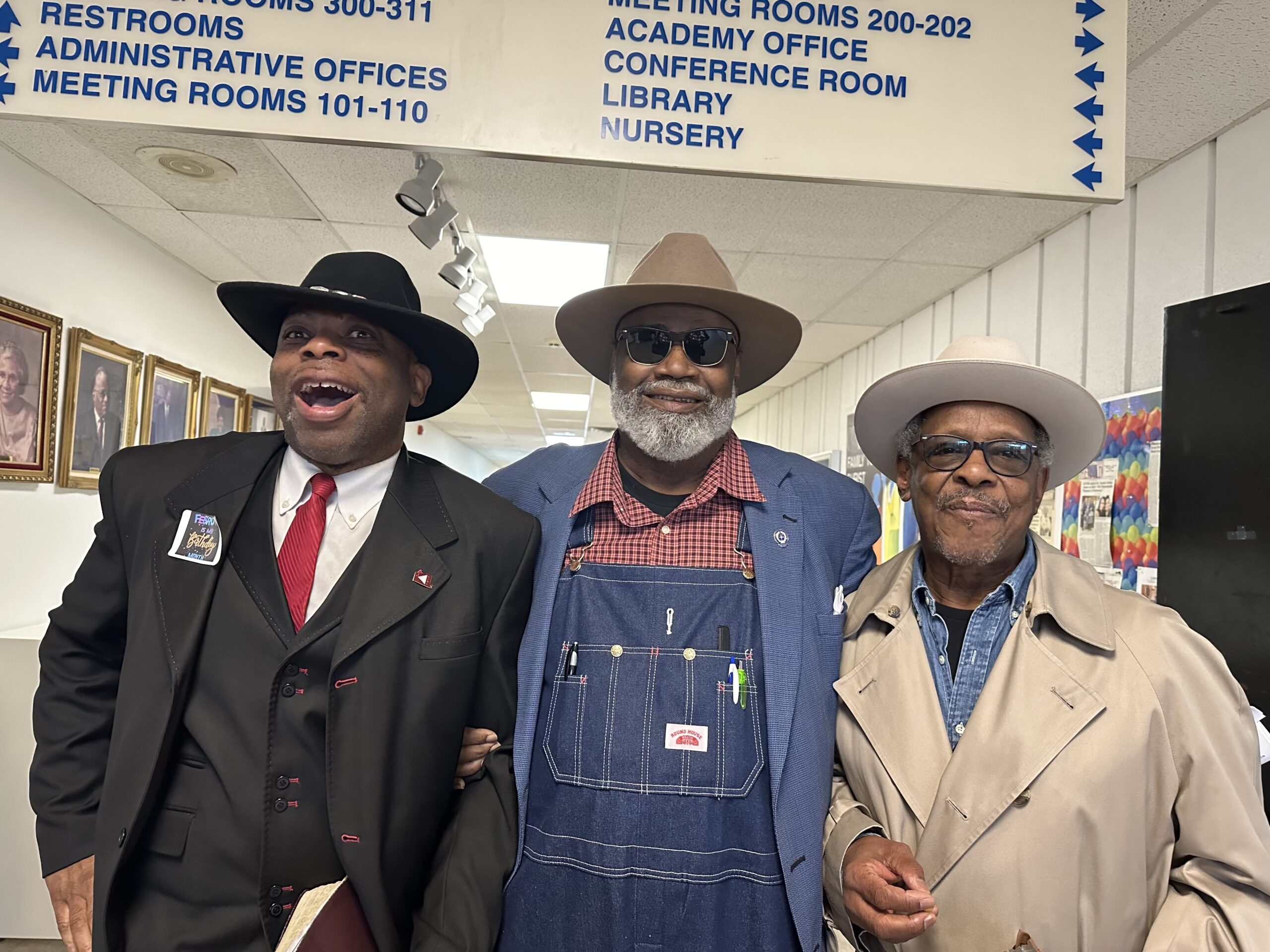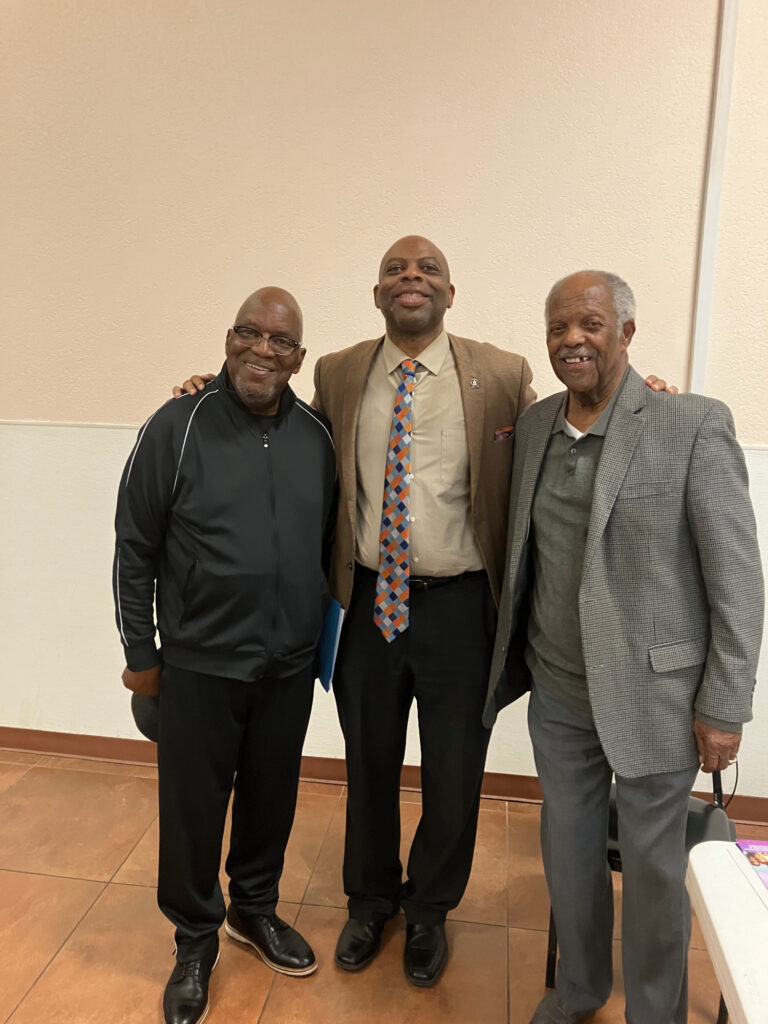
Introduction
In our quest to understand the history and ideals that shape America, we sometimes overlook the profound role played by the Black Church in nurturing transformative leaders for the future. This legacy deserves recognition and celebration, as it has significantly contributed to the development of leaders who have shaped the course of our nation. As I walk on campus and see the echoes of past leaders, I recognize that these leaders did not emerge by accident. Let’s explore the influence of the Black Church on leadership development in the United States.
A Painful Yet Powerful Tradition
Reflecting on my own experiences, I recall attending a college chapel where a Black minister was the featured speaker at a Predominantly White Institution (PWI). I sat far back, blending in with the student population. This minister, a product of the civil rights movement, was well-educated and highly successful as a pastor and leader in the Black community. His delivery was impeccable until he transitioned into traditional Southern Baptist “hooping,” a preaching style deeply rooted in the Black Church. However, some non-Black students in attendance began to mock him. It was a moment that left me feeling sad and disappointed.
What these students failed to grasp was that Black worship, including passionate preaching, often emerges from pain, hurt, and disappointment. It is a means of finding solace and strength in adversity. Within these moments of vulnerability and spiritual release, I have witnessed the emergence of remarkable Black leaders.
Saluting the Black Church’s Contribution
I want to salute the Black Church for its role in developing transformational leadership in the United States. While figures like Martin Luther King Jr., Malcolm X, and President Obama are well-known leaders, I submit that millions of church members were training their children within the nurturing embrace of their congregations to be leaders in their own right.
Growing up in Louisiana, I witnessed firsthand how children were taught leadership skills through various church activities. From participating in Christmas plays to memorizing Easter speeches and attending Sunday worship services, prayer meetings, and evening gatherings, the church was an integral part of our lives. In many ways, it played a role as vital as a school.
Empowering Leaders Despite Adversity
The Black Church provided a platform for men and women often denied fundamental rights to become community leaders, including the right to vote and equal employment opportunities. Even for those not formally educated, the roles of minister or teacher carried immense respect within the church. In a society that frequently proclaimed the inferiority of Black individuals, the Black Church stood as a beacon of affirmation, instilling a sense of pride in one’s Black identity and the belief that one person could indeed transform the world.
The Roots of Leadership: My Journey
Reflecting on my path, I can confidently say that what I am as a man and a leader is deeply rooted in my experiences within the Black Church. While I have extensively studied and researched leadership theories, I am often disappointed at the lack of respect and acknowledgment in academia concerning the invaluable contributions of Black individuals and the Black Church in shaping leadership.
Excellence and Education as Cornerstones
Today, I attend St. John Missionary Baptist Church under the leadership of Pastor Dr. Major Jemison. Our church is a model of excellence in everything we do, with education viewed as a pathway to broader opportunities. We instill in our children the belief that they are valued and capable of achieving anything they set their minds to. Every Sunday, we fellowship with leaders from various fields, including federal judges, executives, principals, medical doctors, attorneys, funeral home directors, and government officials.
Continuing to Forge Leaders for Humanity
The Black Church, our Black Church, continues to play a pivotal role in developing men and women for service to humanity. It is a bastion of resilience, hope, and empowerment. The values it imparts and the sense of community it fosters are instrumental in nurturing transformational leaders equipped to tackle our time’s challenges.

The Civil Rights Movement and Its Leaders
The Civil Rights Movement, led from the heart of the church, has been a testament to the power and influence of the Black Church in advocacy and leadership. I have been honored to know exceptional leaders like Dr. J. A. Reed, Jr., Senior Pastor at Fairview Missionary Baptist Church, who, even in his 90s, continues to lead boldly. Similarly, my pastor, Dr. Major Jemison, former President of the Progressive Baptist Convention, exemplifies courageous leadership in the Black community of Oklahoma City.
A Call for Recognition
I hope that one day, those who do not share our cultural heritage will come to appreciate the profound contributions of the Black Church in nurturing leaders who are poised to make a difference. Let us pray that this recognition comes swiftly, for the legacy of the Black Church deserves acknowledgment and honor in the tapestry of our nation’s history. Don’t wait too late!!!
